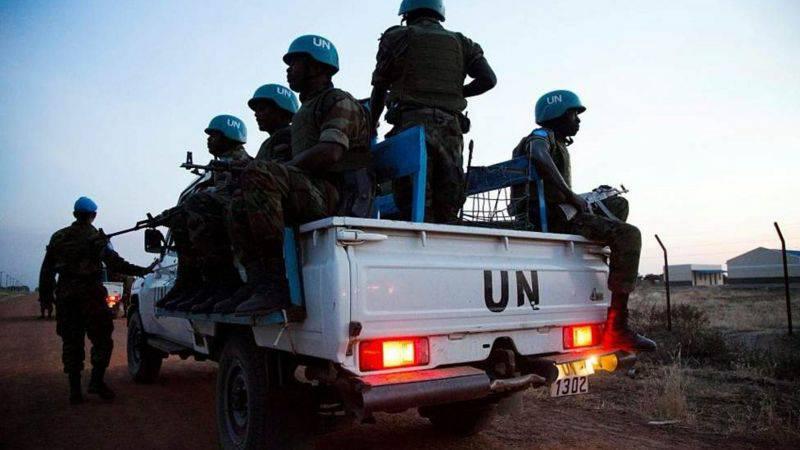ADDIS ABABA, Ethiopia – Amnesty has condemned the alleged human rights abuses by Eritrean troops in Axum, Tigray Region Ethiopia, said to have taken place between November 10 to November 20, 2013.
According to the institute’s 25-page report, hundreds of civilians were massacred by Eritrean forces in retaliation.
According to the report, when the Ethiopian Defense Forces entered the city, heavy artillery shelling was reported in the city, resulting in civilian casualties.
In the early hours of November 19, 2013, TPLF forces and militias attacked the Eritrean army with the help of locals armed with knives, machetes, and sticks, in a battle in the area known as Mai-Koho.
Eritrean soldiers who returned later that afternoon carried out massacres of civilians in military vehicles and tanks, witnesses told Amnesty.
One eyewitness told Amnesty he had seen 400 dead on November 20 alone, while another eyewitness had seen 200 dead at various funerals.
Despite this, the Ethiopian Defense Forces did not attempt to block Eritrean troops other than guarding government buildings.
Amnesty compiled their report by interviewing eyewitnesses, locals, and a number of individuals who know the area, and referring to satellite imagery. The organization presented its findings to State Minister for Foreign Affairs of Ethiopia and Ambassador Redwan Hussein, a spokesman for the Emergency Task Force, but has not yet received a response. Amnesty also called on the UN to investigate the killings, kidnappings and robberies committed by Eritrean soldiers in Axum.
Eritrea has rejected the Amnesty report.
By Henok Alemayehu

